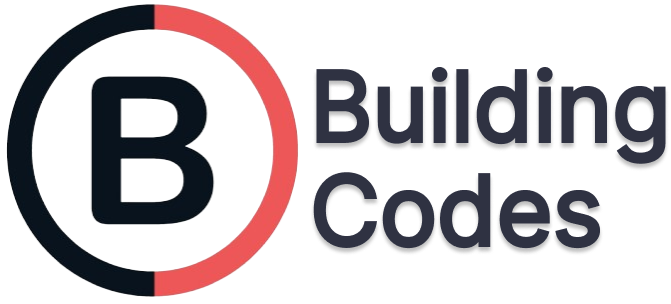The 2006 Washington State Building Code, Chapter 51-52, adopts the International Mechanical Code (IMC) under the authority of the State Building Code Council, following Chapters 19.27 and 70.92 of the Revised Code of Washington (RCW). This adoption updates the mechanical regulations that have been in place since 1974 and supersedes previous codes such as Chapter 51-42 WAC. The code sets precedence within the State Building Code hierarchy, following the International Building, Residential, Mechanical, Fire, and Uniform Plumbing Codes.
In cases where there is a conflict between different codes, the code listed earlier in the precedence takes priority. Specifically, when duct insulation requirements in the IMC conflict with those in the State Energy Code or a local jurisdiction’s energy code, the latter prevails. Similarly, the State Ventilation and Indoor Air Quality Code takes precedence over ventilation requirements in Group R occupancies.
Each local jurisdiction is responsible for enforcing the State Building Code, with the option to contract out enforcement activities. Local jurisdictions can amend the code, provided these amendments do not lower the established performance standards. However, some areas, like residential provisions of the State Energy Code and accessibility standards, are not open to local amendments.
The code mandates that building permit fees support the activities of the State Building Code Council, with specific charges per building permit and additional fees for multi-unit residential buildings. Amendments at the state level are reviewed annually, but formal rulemaking for code changes is not scheduled until 2009.
The 2006 edition of the IMC regulates the design, installation, maintenance, and inspection of mechanical systems for environmental control and related processes in buildings. It specifically covers fuel gas distribution and appliances, following standards from the International Fuel Gas Code. Exceptions include detached one- and two-family dwellings and townhouses up to three stories, which follow the International Residential Code, and liquefied petroleum gas installations, which adhere to NFPA and ANSI standards. The code became effective statewide on July 1, 2007.






